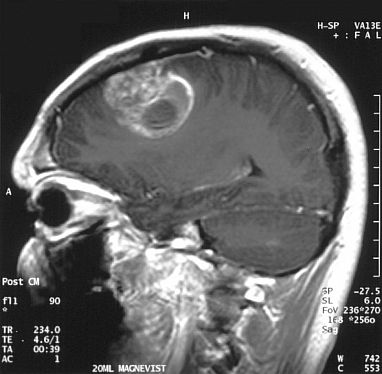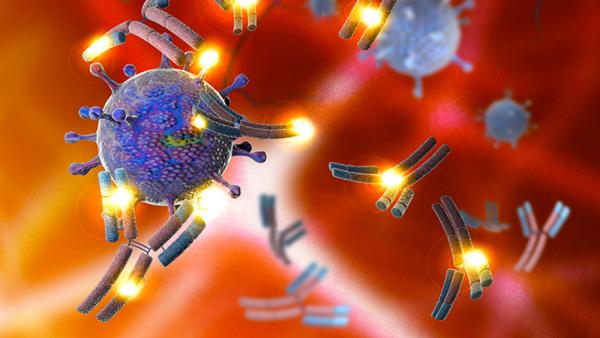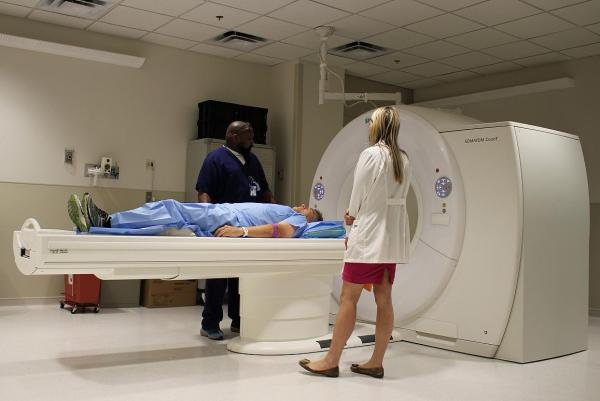Sugar Molecule Could Resolve Rare Diseases
IRP Research Hastens Development of First Treatment for Genetic Muscle Condition
An old medical adage warns doctors that when they hear hoofbeats, they should first think of horses, not zebras. After all, when someone comes into the hospital with a cough, the most likely explanation is something mundane like the flu. However, some patients truly are medical zebras, affected by a disease that afflicts very few others.
IRP senior investigator Marjan Huizing, Ph.D., has learned quite a bit about those zebras since arriving at the National Human Genome Research Institute (NHGRI) as a postdoctoral fellow in 1998. To help commemorate Rare Disease Day today, Dr. Huizing spoke with the “I Am Intramural” blog about her research on an array of ailments linked to a small sugar molecule called sialic acid, some of which are extremely rare.










